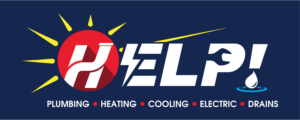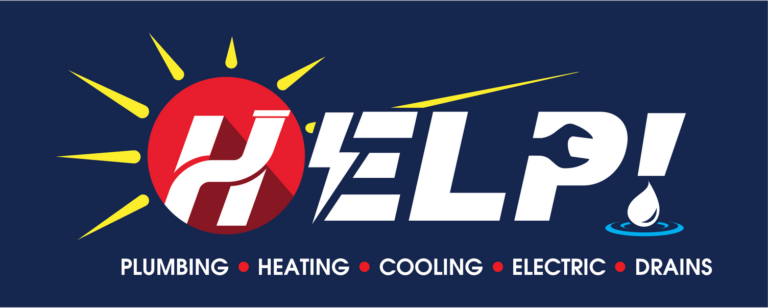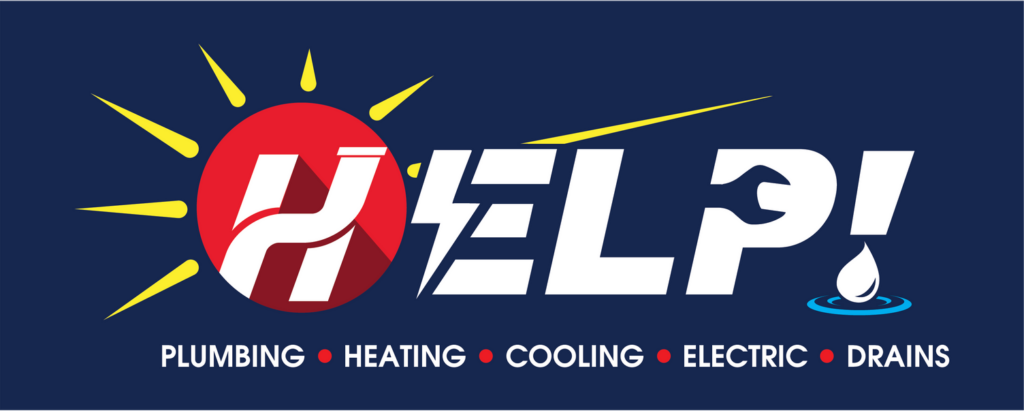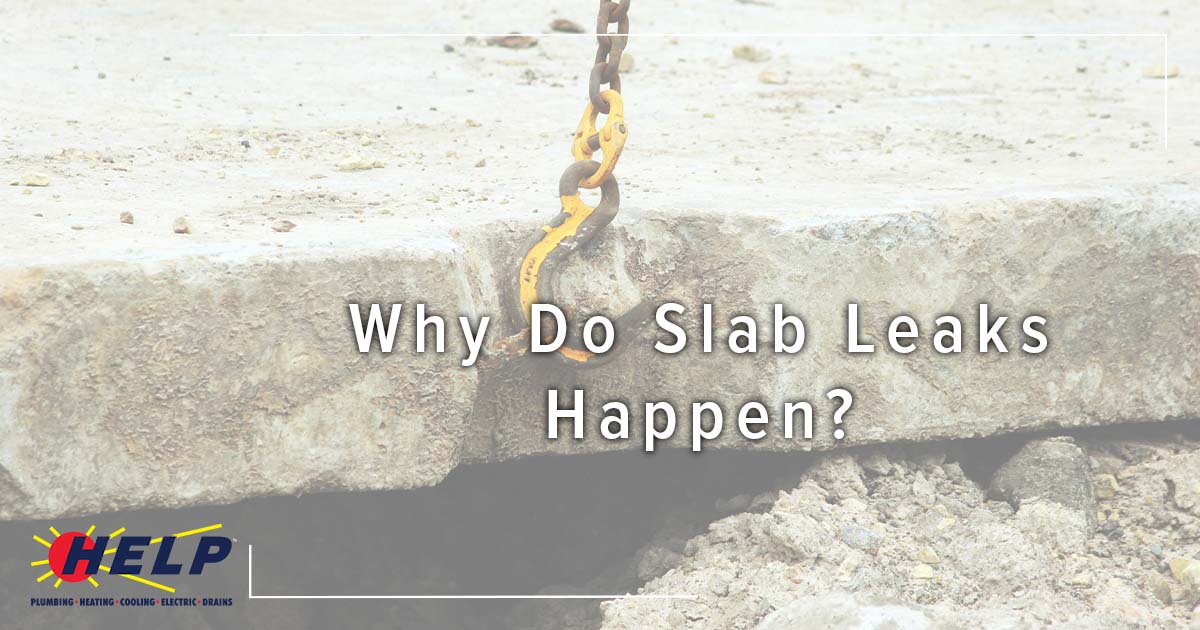
Homeowners have a lot of responsibility to keep their home in good condition. You keep up with routine maintenance, repair or update as needed, and control any possible pest or mold issues.
But are you paying attention to your home’s plumbing? You can spot leaks in your shower or under your sink, but what about the pipes that reside under your slab foundation?
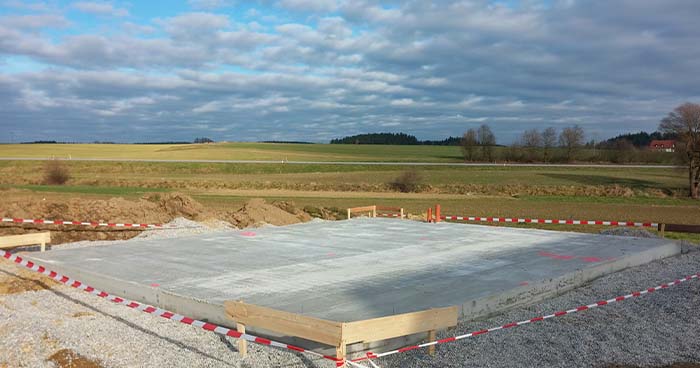
Slab leaks are a common problem, but not one that many homeowners are aware of. Plenty of water lines, pipes, and drains run through the slab, and as your home ages, you could face damage from fractures, cracks, and splits that cause a leak.
Typically, slab leaks show up with significant water damage or a burst, but it may not be obvious at first. If you’re wondering why do slab leaks happen, read on.
What Are Slab Leaks?
Concrete slab foundations are a common type of foundation for many homes. With this foundation, the water lines and pipes are encased in the foundation to save on costs.
What are the Signs Your Home Has a Slab Leak?
Because your plumbing is within the concrete of your foundation, you might not notice a leak until it becomes severe. Here are some signs to watch out for:
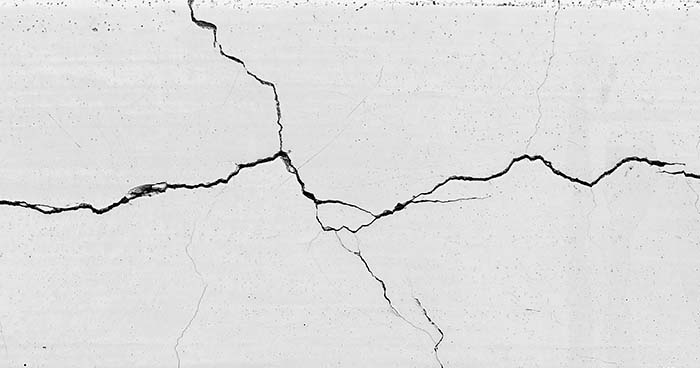
A Surge in Your Water Bill
If your water bill has suddenly increased without any extra people in your home or increased water usage to explain it, you may be looking at a leak.
If this happens, be sure to look around for any obvious leaks in accessible areas like your laundry room, bathroom, and kitchen. If you don’t find any, look for signs of water damage like pooling water on your concrete floor or water damage on the walls or carpeting.

Once a leak is discovered, be sure to call a professional for a slab leak repair. It’s best to call at the earliest sign and get it fixed, rather than waiting until it’s a much larger and more expensive issue.
You Hear Sounds of Running Water
The sound of running water when no one is using a tap is always a concern. This almost always means you’re dealing with a leak, and if you can’t find its source, it could be coming from the pipes in your slab foundation.
Mold and Puddles on the Flooring
Slab leaks will usually have signs of water damage, even if the leak itself isn’t obvious. You may notice pooling water on your concrete floor or puddles and mold on hardwood or carpeting.
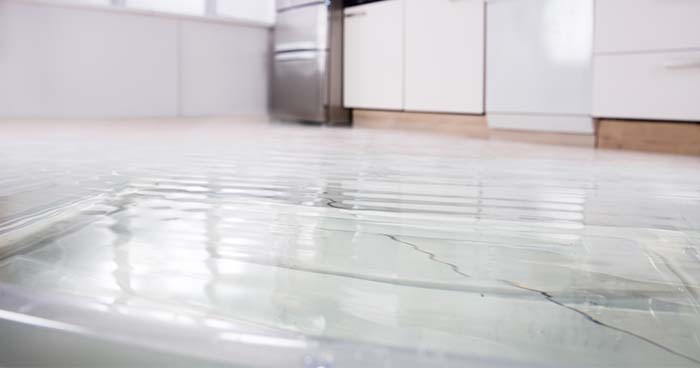
This situation could be hazardous, especially if you’re dealing with mold, so be sure to call a professional to address your leak as soon as possible.
Minimized Water Pressure
If you experience a sudden drop in your water pressure, whether over time or suddenly, that could mean you have water leaking from somewhere.
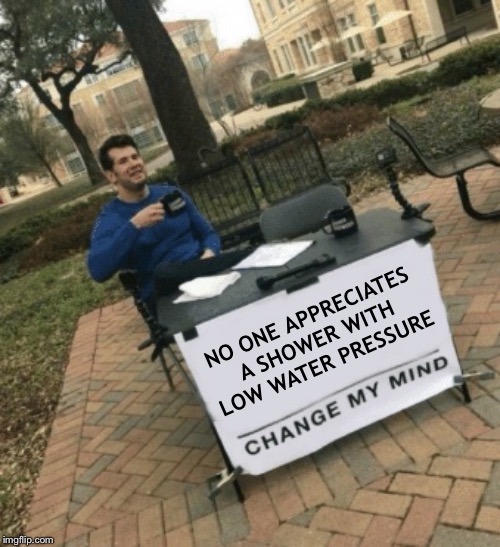
As always, search your home for signs of a leak from your faucets or exposed pipes. If you don’t find the source, you may be looking at a slab leak.
What Causes a Slab Leak?
Slab leaks may not be familiar, but they can lead to a lot of damage quickly. Here are some common causes of slab leaks:
Faulty Installation
Faulty installation and construction are major causes of slab leaks. Low-quality or poorly installed pipes are more prone to cracks or damage that can result in leaks. This is especially true of older materials, such as copper pipes.
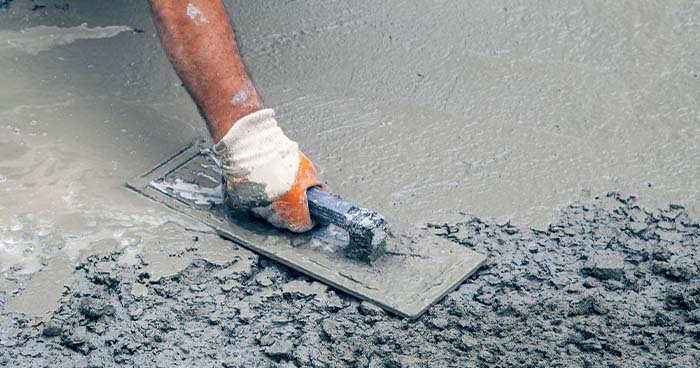
In addition, pipes that are installed with kinks or dents are weaker in these spots. As pressurized water flows through the pipes, it wears them down over time and may cause cracks, fractures, or disconnected joints that cause a leak.
Poor Quality Water
Hard water can be extremely damaging to your pipes. Common in urban areas, hard water is water with excess minerals that leaves behind a limescale residue in your pipes. This not only damages the pipes, but it can be bad for your appliances, skin, hair, and clothes.
Abrasion
Over time, pipes may rub against other pipes, branches and tree roots, rocks, and the foundation. As this happens, the pipes are exposed to greater friction that can damage the finish. The pipes become thinner, creating opportunities for water to break through or for joints to disconnect.
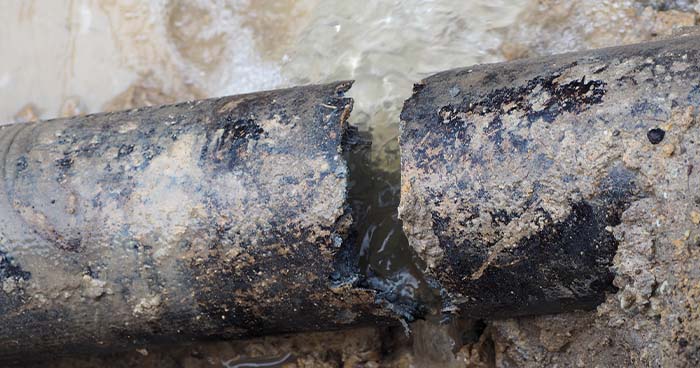
Time
Nearly every cause of slab leaks is connected to time in some way. Older homes with galvanized steel or copper pipes are vulnerable to age and wear and tear. Friction, water pressure, hard water damage, and more can all cause pipes to break down and leaks to occur.

Repair Slab Leaks the Right Way, the First Time with Help
Slab leaks are not a DIY fix. Once you discover a slab leak, it’s possible that it’s severe enough to have caused damage to your home or property. It’s best not to wait and call a professional right away for a repair.
Do not think twice to call HELP for slab leak repair work if you observe any of these signs of slab leaks!
